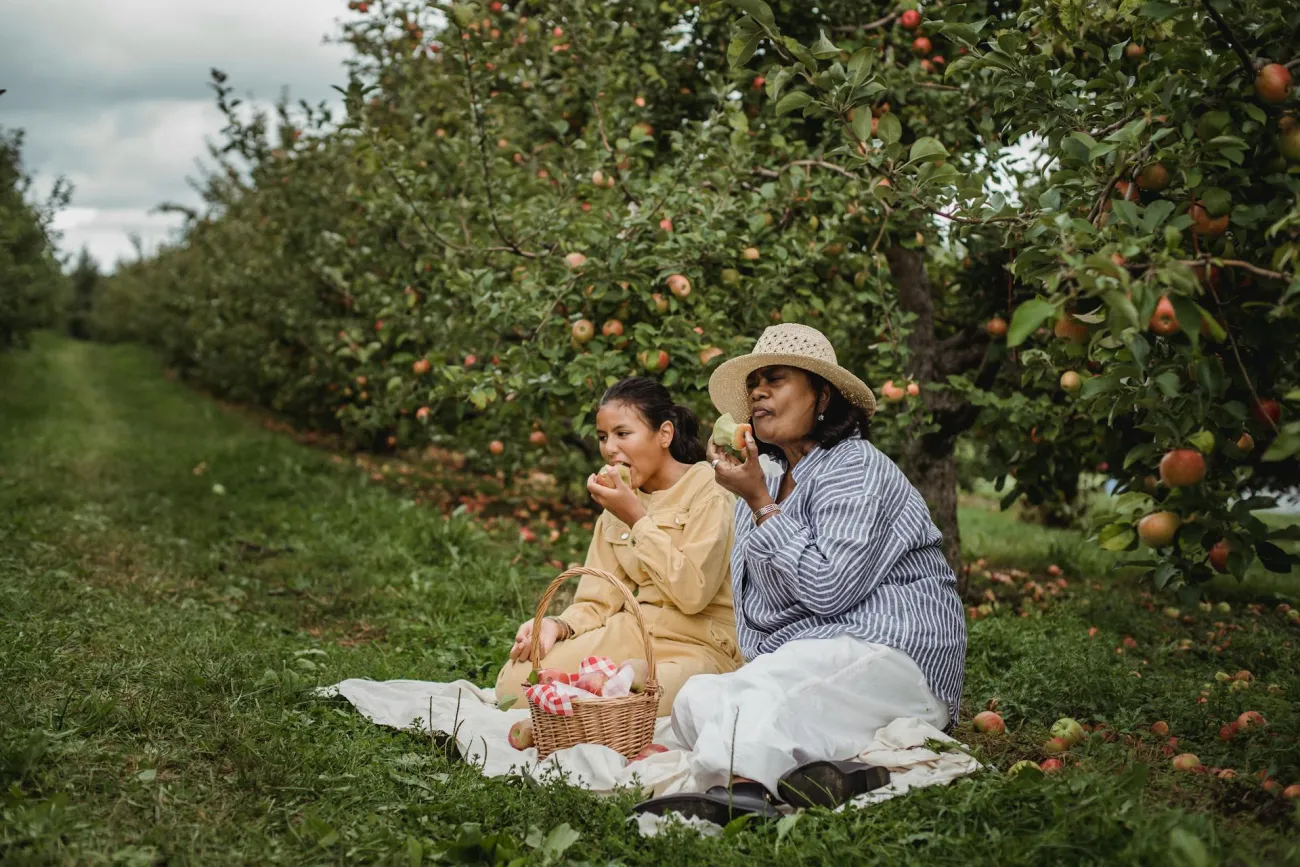Episode summary
What influences the meals we enjoy today? Meal historian and cultural researcher Richard Tellström from Stockholm University suggests that the surrounding natural environments and ecosystems only play a minimal role. Instead, he argues that our choices are primarily shaped by cultural, political and economic forces. This episode dives into the dramatic shifts in Swedish diets over the past century, highlighting how changes such as new food preservation methods in the 1970s, Sweden's entry into the European Union in the 1990s, and shifting cultural trends throughout have redefined what's fashionable, and therefore possible, to eat.
This is the second installment of a two-part series, following our first episode with archaeological chemist Amy Styring who investigates what our ancestors ate during periods of significant societal transitions.
About Richard Tellström
Richard Tellström is associate professor in food and meal science and an ethnologist at Stockholm University. His dissertation project investigated from an ethnological viewpoint how food culture heritage is commercialised and politicised in Sweden and Nordic countries. His research investigates how some parts of the food culture is regarded as useful and other parts ignored or “forgotten”. He has appeared in TV programs such as Landet Brunsås and the award-winning series Historieätarna. Richard has written the books Hunger and thirst: Swedish meal history from nutrition to status marker and From pub to pub: Swedish dining out for 700 years, which he wrote together with Håkan Jönsson. In the end In 2024 he will publish his new book on Swedish food history: Every bite is a thought: Swedish food culture during 800 years.
Background reading and resources
Video: Swedish food and ideals with Richard Tellström (SLU Future food, 2023)
Article: Local Food Cultures in the Swedish Rural Economy (Richard Tellström, Inga-Britt Gustafsson and Lena Mossberg, 2005)
Related Feed episodes
What's a natural diet? (with Amy Styring)
A complicated relationship with meat
Should food systems be more natural?



Comments (0)